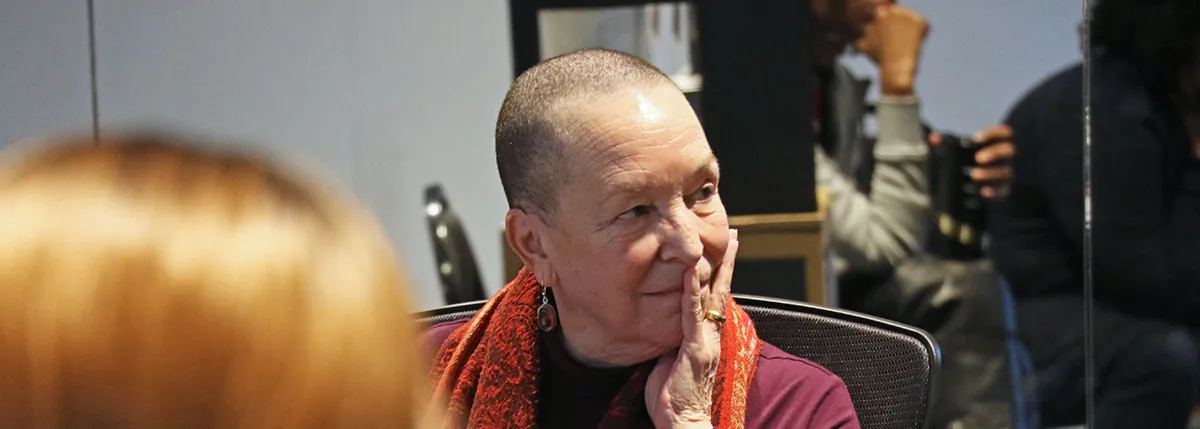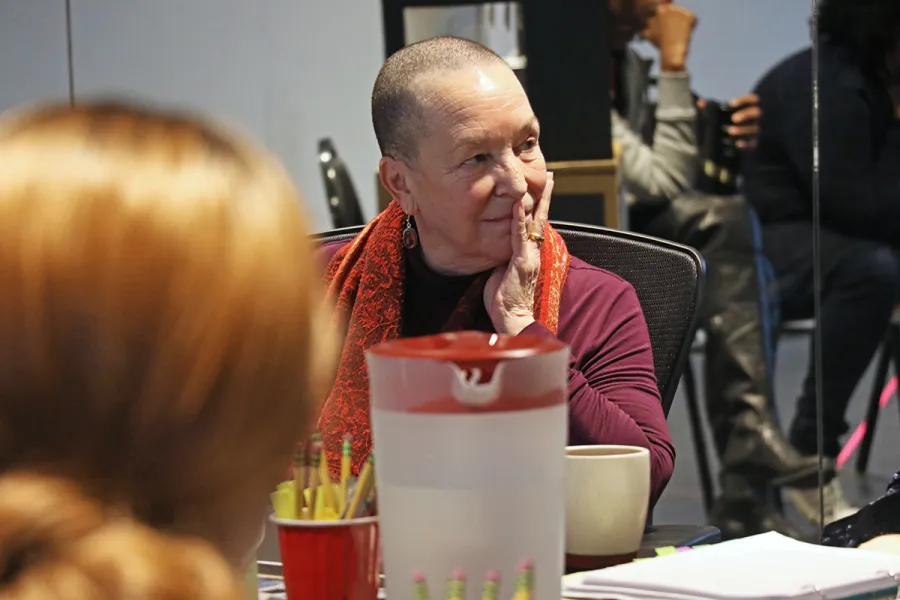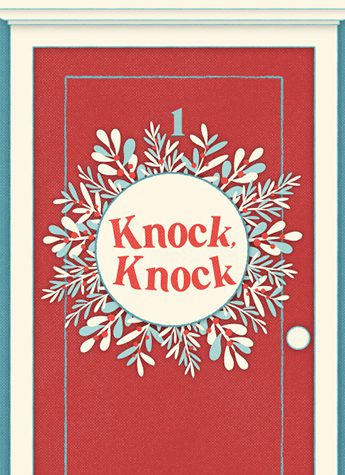- Shows &
Tickets - Classes &
Camps-
-
-
-
Interested in after-school activities for your kids? Explore After School Programs
-
-
-
- Schools &
Educators-
-
- Schools & Educators
Partner with the Alliance Theatre Institute for professional learning for educators and arts-integrated or theater-based instruction for students.
-
Unique Programs
We offer unique programs that use the power of the arts to inspire students, develop skills, and create positive change in schools and communities.
- Poetry Out Loud: Georgia
- JumpStart Theatre
-
-
-
-
Tickets for Teachers is a free ticket program for educators for Alliance Theatre productions. View Program Details
-
-
-
- Artists &
Community-
-
- Artists & Community
Learn more about our playwriting programs, partnerships with community organizations, and resources for artists.
-
An exploration of theater and the people who make it happen.
-
Check here for all major announcements from the theater.
-
-
- Impact &
Support-
-
- Impact & Support
Your support brings stories to life, funds community programs, and ensures more people have access to powerful theater experiences.
-
Name a Seat in the Goizueta Stage
Put your unique handprint on better tomorrows for Atlanta's young audiences.
-
-


We are coming up on the 4th of July weekend and I have already set my alarm for 3 a.m. on Friday to indulge my “Hamilton” obsession by watching the first showing of the filmed performance of the groundbreaking musical. “Hamilton” deepens our love of country through the simple genius of casting people of color as the founders, and in so doing, expanding the narrative to be explosively inclusive. I think this viewing is a legitimate way to head into the most patriotic weekend our country has to offer. Especially since in the midst of the pandemic that is still raging, home is still the safest place to be.
That said, I have no doubt that many Americans will head out to public spaces to celebrate by exercising what some angry people have called their constitutional right not to practice the most basic public health precautions, including wearing masks and social distancing. There are also millions of people who aren’t particularly angry, but just don’t take any precautions for a variety of reasons that are all beside the point. The Vice President even suggested that refusing to social distance is a free speech issue. It’s not. For your sake, and mine, wear a mask! Wash your hands! Keep a social distance! Our country is at a really incredible period of transition. We should all try to stay healthy so we can be part of it.
One of the things that is happening during this transition is that we are learning to think about what it means to be an American a little more deeply. To look at our neighbors with a little more understanding and compassion. Maybe most important, we’re figuring out how to hear some other American voices that don’t always think what we think, or feel what we feel, but can help us understand a different point of view if we listen a little harder. If they can sing, it makes it that much easier. Which brings us to this week’s list:
5 American Voices Talking About Their Country (and 4 of Them Can Sing).
These five voices are all very different, but each one is passionate about sharing the truth about this ongoing American experiment as we celebrate our country’s birthday one more time.
1. When the NBA invited Marvin Gaye to perform The Star-Spangled Banner at their All-Star game in 1983, they could not have known what was in store for the capacity crowd. We already knew some of the things that had been on his mind and in his heart because we had listened to his masterpiece, “What’s Going On?” way back in 1971, but nothing could have prepared us for this. Marvin took all of the contradictory feelings that are created when you love your country and it doesn’t love you back and channeled them into what may be the most soulful version of the National Anthem ever. I mean no disrespect to Jimi Hendrix and Jose Feliciano, also worthy contenders for their creative reinterpretations of this song, but Marvin just does it better. By the time he finished, the game was almost an afterthought.
2. “What to the slave is the Fourth of July?” Frederick Douglass, the great abolitionist, gave this speech at the Rochester Ladies Anti-Slavery Society on July 5, 1852. Born into slavery in Maryland, Douglass escaped to freedom as a young man with the help of Anna Murray, a free black woman, who became his wife. In his autobiography, “Narrative of the Life of Frederick Douglass, an American Slave,” he describes his feelings upon reaching New York as similar to “escaping from a den of hungry lions.” Settling in Massachusetts, he worked tirelessly to bring about an end to slavery, including giving hundreds of speeches like this one. His remarks inform discussions today about the role of sympathetic allies who want to assist oppressed people in their struggles to be free. James Earl Jones perfectly channels Douglass’ righteous rage.
3. “America,” by Waylon Jennings. It may seem odd to move from Frederick Douglass to Waylon Jennings, but not when you listen to this beautiful song. Waylon makes it clear that his politics are grounded in love of country and an understanding that inclusivity is a beautiful part of the song we sing together. For anyone who doubts that country music has always included African Americans and Mexican Americans, I urge you to watch Ken Burns PBS Series on Country Music. You will, like I did, not only come away with a better understanding of a deeply American art form, but loving a whole lot of music I’d never heard before. I already knew this one, though. Zeke introduced me to Waylon Jennings a long time ago, and I never looked back.
4. “Lift Every Voice and Sing,” by James Weldon Johnson and his brother, J. Rosamond Johnson. Often called “The Negro National Anthem,” the song was written in 1900 to commemorate the birthday of Abraham Lincoln and performed at the celebration that year by 500 African American school children. We sang it at church every Sunday, so I grew up knowing the words to two national anthems. Protesting one thing or another I often refused to stand and sing the American anthem until 2016. With President Obama in the White House, I claimed my country for the very first time and it felt great. Marvin Gaye got to sing one of my anthems. Here’s Ray Charles to sing the other one.
5. “American Tune,” by Paul Simon. This wistful ballad perfectly captures the confusion and exhaustion that sometimes overtakes us these days as we try so hard to do the right thing, stay safe, stay informed, stay positive. When he says, “I don’t know a soul that’s not been battered/I don’t have a friend who feels at ease/I don’t know a dream that’s not been shattered/or driven to its knees,” he could be quoting my journals. But he also knows there are new dreams for us to dream together that make us feel like we’re flying. That’s why we have to take care of ourselves and each other. Because if you’re not there to add your dream to the mix, who will?
Check out all of Pearl’s lists here.












